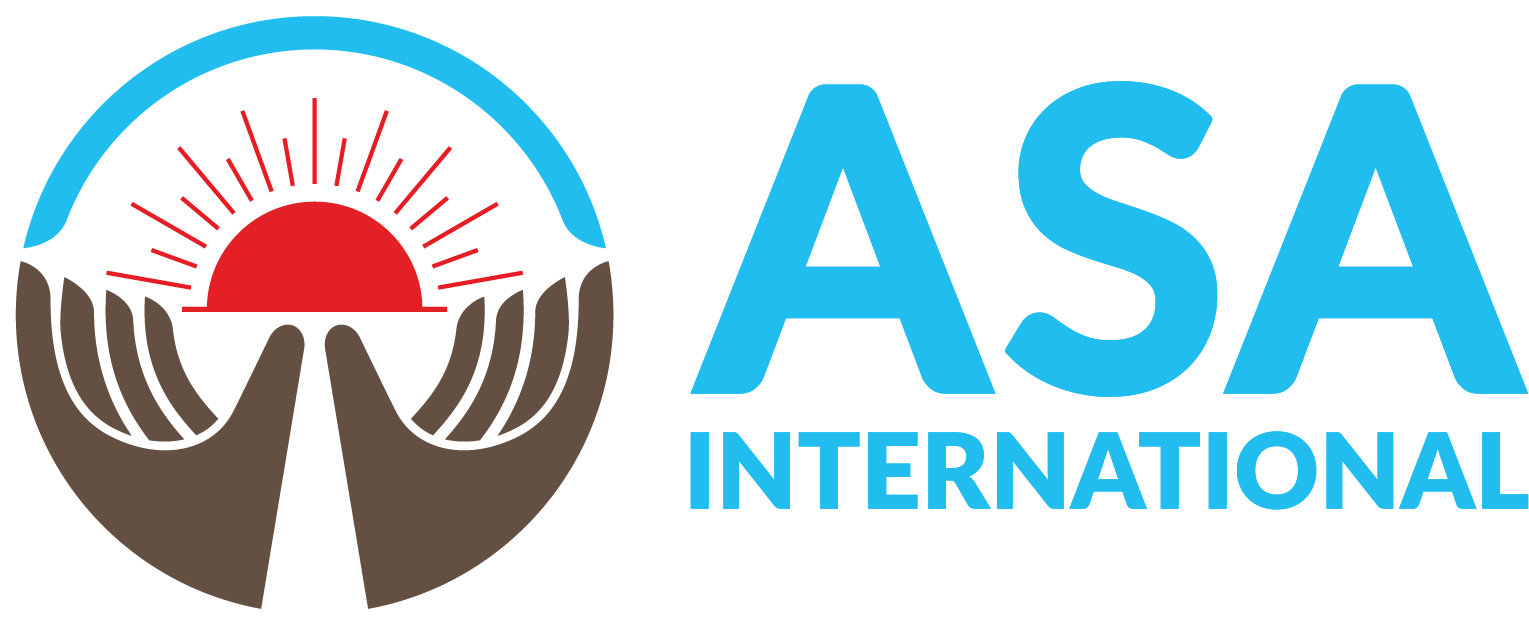Our exclusion list prevents financing businesses that harm biodiversity or the environment, aligning with international conventions where applicable.
Our ESMS sets out plans, policies, and procedures to manage environmental and social risks, aiming to minimise negative impacts and promote good governance. It aligns with industry standards, including IFC Performance Standards 1 and 2, the SMART Campaign, and the Universal Standards for Social Performance Management.
Our environmental policy outlines the actions that its staff must take to minimise and prevent any harmful impacts on the environment.
Our travel policy promotes responsible and sustainable travel practices, with a particular focus on air travel. It outlines the necessary factors to consider and steps to take before undertaking air travel for business purposes.
The Group assesses the impact of natural disasters, such as floods and earthquakes, on its resources and overall operations. This analysis provides valuable insights into the Company’s susceptibility to such calamities, identifying areas that may require adaptation to mitigate risks.
The EPRP aims to protect people, resources, and critical information while ensuring continuity of essential operations. It sets out the Company’s emergency response strategies to prepare for and mitigate the impact of crises.
The CCP, developed by the SMART Campaign, is an industry standard that outlines the minimum client protection expectations for microfinance providers, ensuring institutions serve clients’ best interests.
Through the CCRC clients can provide direct feedback on services or lodge complaints about inappropriate behaviour or treatment by any of the Group’s staff. Every quarter a report is shared with senior management by the CCRC with the nature of complaints and actions taken.
The Group has established an effective grievance mechanism for all employees, allowing them to raise any work-related concerns or complaints without fear of reprisal.
The Group monitors health and safety risks, provides regular training, and takes preventive and corrective actions on incidents. Each subsidiary has a health and safety committee and an integrated checklist to ensure ongoing supervision and monitoring.
The DEI policy integrates diversity, equity, and inclusion into internal practices, guiding the implementation and monitoring of initiatives to foster a thriving, diverse workforce.
The Company’s Social Policy ensures the protection of social and environmental interests, focusing on uplifting clients’ social standards and safeguarding employees’ rights in a responsible work environment.
The Company’s HR Policy governs staff conditions and practices, promoting fairness, transparency, and equal treatment through consistent rules and procedures.
The CSR policy provides a framework for planning and evaluating community initiatives in health, education, environment, and disaster relief, ensuring alignment with the Company’s mission and fostering sustainable social and environmental impact.
Employees are strongly encouraged to speak up about any actions that might violate laws, regulations, or Company policies. They can do so by using a designated complaint box or reaching out directly to the local Chair of the Audit and Risk Committee, as well as at the Group level. Examples of such actions encompass improper or unethical business practices, concerns related to health, safety, and the environment, or breaches of the Code of Conduct.
The Group is dedicated to safeguarding children directly or indirectly affected by its operations. It implements strict policies to prevent child labour, collaborates on education and welfare initiatives, and promptly addresses any identified cases, ensuring children’s rights and well-being are protected.
The Company promotes a safe work environment and has a zero-tolerance policy towards harassment of any kind, particularly sexual harassment.
Unfair discrimination in any form is unacceptable. Management and employees must ensure a fair and sympathetic work environment for all, regardless of marital status, religion, disability, sexuality, gender, race, or ethnicity. This policy of equal opportunities and diversity extends to recruitment, remuneration, training, development, promotion, discipline, and all aspects of employment, including volunteers, interns, clients, suppliers, and others with whom ASA International or its employees engage.
The Group’s Code of Conduct and Ethics is designed to be ethical, dignified, transparent, equitable and cost-effective, and expresses the core values of microfinance practice.
This policy is to combat improper payments or inducements and provide basic guidance to all employees, wherever they are located. The Group adopts a zero-tolerance approach to bribery and corruption, ensuring compliance with all applicable anti-bribery and anti-corruption laws and regulations, including the UK Bribery Act 2010.
The FMPU Policy outlines procedures for preventing and reducing financial risks from fraud and misappropriation, focusing on continuous review, investigation, and promoting a culture of fraud awareness and accountability. FMPU is part of the Group’s second line of defence.
The Company and its subsidiaries are firmly committed to preventing money laundering and any activity that facilitates it or supports terrorist or criminal endeavours in their operations.
Read how these policies and practices are integrated in our operations.

